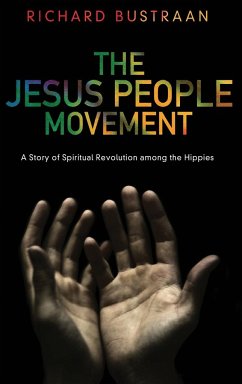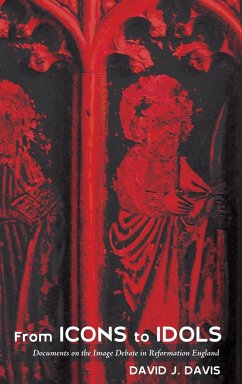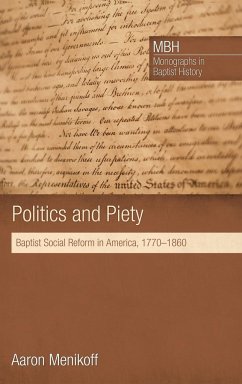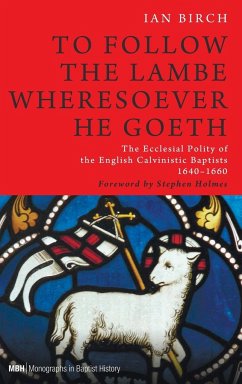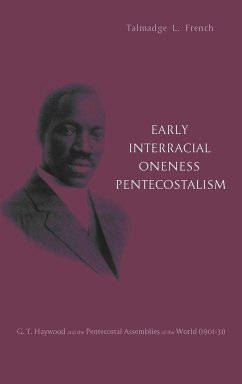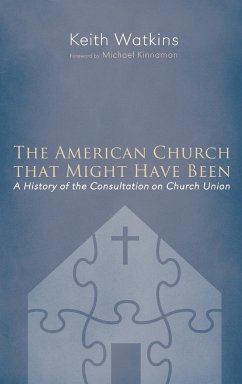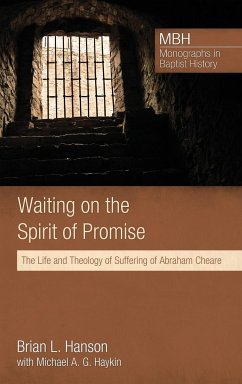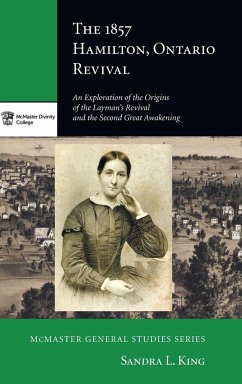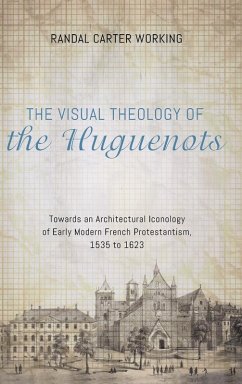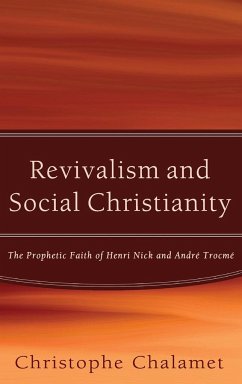
Revivalism and Social Christianity
Versandkostenfrei!
Versandfertig in 1-2 Wochen
34,99 €
inkl. MwSt.
Weitere Ausgaben:

PAYBACK Punkte
17 °P sammeln!
Description: How does one become a ""Righteous among the Nations""? In the case of Henri Nick (1868-1954) and André Trocmé (1901-1971), two French Protestant pastors on whom that title was conferred by Yad Vashem (Jerusalem) for their acts of solidarity toward persecuted Jews, the answer seems to be: by being immersed, from an early age, in the discourses and practices of social Christianity. By focusing on the lives of two significant figures of twentieth-century Christianity, this study, the first in English on the Social Gospel in French Protestantism, presents a genealogy of that movemen...
Description: How does one become a ""Righteous among the Nations""? In the case of Henri Nick (1868-1954) and André Trocmé (1901-1971), two French Protestant pastors on whom that title was conferred by Yad Vashem (Jerusalem) for their acts of solidarity toward persecuted Jews, the answer seems to be: by being immersed, from an early age, in the discourses and practices of social Christianity. By focusing on the lives of two significant figures of twentieth-century Christianity, this study, the first in English on the Social Gospel in French Protestantism, presents a genealogy of that movement, from its emergence in the last decades of the nineteenth century to its high point, during World War II, in Le Chambon-sur-Lignon, where Trocmé and many people of that area of southern France rescued hundreds of Jewish refugees. As social Christians who prayed and worked for the coming of God's kingdom on earth in the midst of a world torn by two world wars, Henri Nick and André Trocmé combined a deep revivalist faith with a concern for the concrete conditions in which people live. They wished to ""save"" others, and indeed they realized that intent in ways they did not foresee. Endorsements: ""People marvel that the folk at Le Chambon took in the Jews. But what Chalamet helps us see is this did not come out of the blue. Rather, this was made possible by people such as Henri Nick and Jacques Kaltenbach, whose discovery of the social dimensions of the gospel made Trocmé possible. The implications are clear--heroism is the outworking of lives that never appear heroic."" --Stanley Hauerwas, Professor of Theological Ethics, Duke Divinity School ""Based on original archival research, Chalamet richly fills in the background of the famous events at Le Chambon, where the Christian community, led by André Trocmé, saved the lives of thousands of Jewish children during the Nazi occupation of France. . . . Nonviolent social action and spirituality were forged in a crucible of courage and suffering to produce a new and compelling version of the Social Gospel."" --George Hunsinger, Professor of Systematic Theology, Princeton Theological Seminary ""This book helps us rediscover the deep spiritual and social influence in the first half of the twentieth century of the Protestant movement known as the Social Gospel. The author unveils the ties between two great pastors, Henri Nick and André Trocmé, who sought to evangelize the workers and who contributed to the rescue of Jews during the Holocaust. The result is a real contribution to the history of twentieth-century France."" --Patrick Cabanel, Professor of Late Modern History, University of Toulouse-Le Mirail About the Contributor(s): Christophe Chalamet is associate professor of theology at the University of Geneva (Switzerland). He is the author of Dialectical Theologians: Wilhelm Herrmann, Karl Barth and Rudolf Bultmann (2005).





